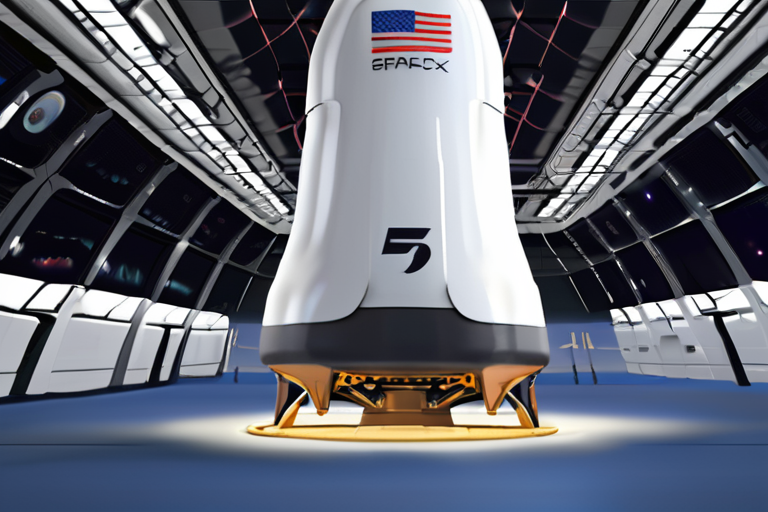SpaceX Accepts Direct Investment from Chinese Investors Amid US Military Contract Concerns


Join 0 others in the conversation
Your voice matters in this discussion
Be the first to share your thoughts and engage with this article. Your perspective matters!
Discover articles from our community

 Hoppi
Hoppi

 Hoppi
Hoppi

 Hoppi
Hoppi

 Hoppi
Hoppi

 Hoppi
Hoppi

 Hoppi
Hoppi

US Intel Officials "Concerned" China Will Soon Master Reusable Launch In a stark warning to the US space industry, top …

Hoppi

US Intel Officials "Concerned" China Will Soon Master Reusable Launch In a development that has sent shockwaves through the space …

Hoppi

Elon Musk's SpaceX Takes Direct Chinese Investment, Raising Concerns Over Foreign Ownership A recent court testimony has revealed that Elon …

Hoppi

Elon Musk's SpaceX Embroiled in Chinese Investment Scandal A bombshell revelation has shaken the aerospace industry, with previously sealed testimony …

Hoppi

Elon Musk's SpaceX Takes Direct Investment from Chinese Investors: Implications for US Military Contractors A recent court testimony has revealed …

Hoppi

Elon Musk's SpaceX Takes Direct Chinese Investment, Raising Regulatory Concerns A newly unsealed testimony has revealed that Elon Musk's privately …

Hoppi